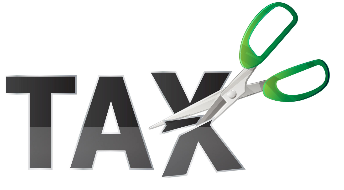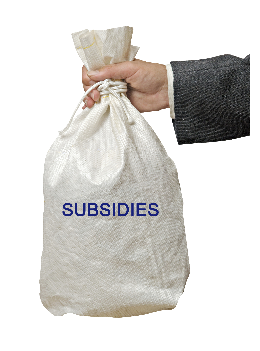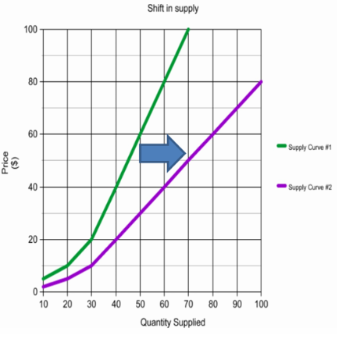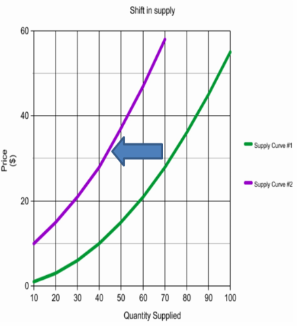Vocabulary
A change in supply occurs when suppliers offer different amounts of a product for sale at all possible prices in the market. This means that regardless of the price point of the good or service, the producer changes how much it will supply. A change in supply is caused by something other than how much consumers will pay.
If consumer spending does not cause a change in supply, what does? The factors that can cause a change in supply include:
- The cost of inputs
- Productivity levels
- Technology
- Taxes
- Level of subsides
- Expectations
- Government regulations
Factors in Changing of Supply
1. The cost of inputs
Inputs are the materials used to produce the good or service that is being offered.
If the price of the inputs falls, the supplier offers more.
If the price of the inputs rise, the supplier offers less.
For example, if the price of the fruits and vegetables goes down, a restaurant can supply more food for the same price.

2. Productivity levels
If workers become more proficient at their jobs, they will be able to create more in the same amount of time.

3. Technology
As science progresses, new technological advances allow for quicker production.

4. Taxes
When taxes are raised or lowered, suppliers have to alter their output level, depending on how much money they now have to spend.

5. Levels of subsidies
A subsidy is when the government gives money to a certain business or industry. This is done to help that specific type of business and will increase the amount the supplier can produce.

6. Expectations
If suppliers expect a shift in the market, they may increase supply.
For example, if automobile companies expect gas prices to rise, they may increase the production of compact cars.

7. Government regulations
Often, the government will need to regulate the market, so they make laws restricting suppliers. Such action can affect supply.

Change in Supply
When the supply curve shifts to the right, it indicates an increase in the supply (which is caused by one of the factors previously covered). At every possible price, more is supplied.

When the supply curve shifts to the left, it indicates a decrease in the supply (which is caused by one of the factors previously covered). At every possible price, less is supplied.

Watch Graphing Supply (1:42) for more information. Transcript
Change in Quantity Supplied
A change in quantity supplied is different than a change in supply. A change in quantity supplied is the change in the amount offered for sale in response to a change in price. This means that producers will offer more when the price is high and less when the price is low.
Producers have the freedom, if prices fall too low, to slow or stop production. If the price rises, the producer can step up production levels.